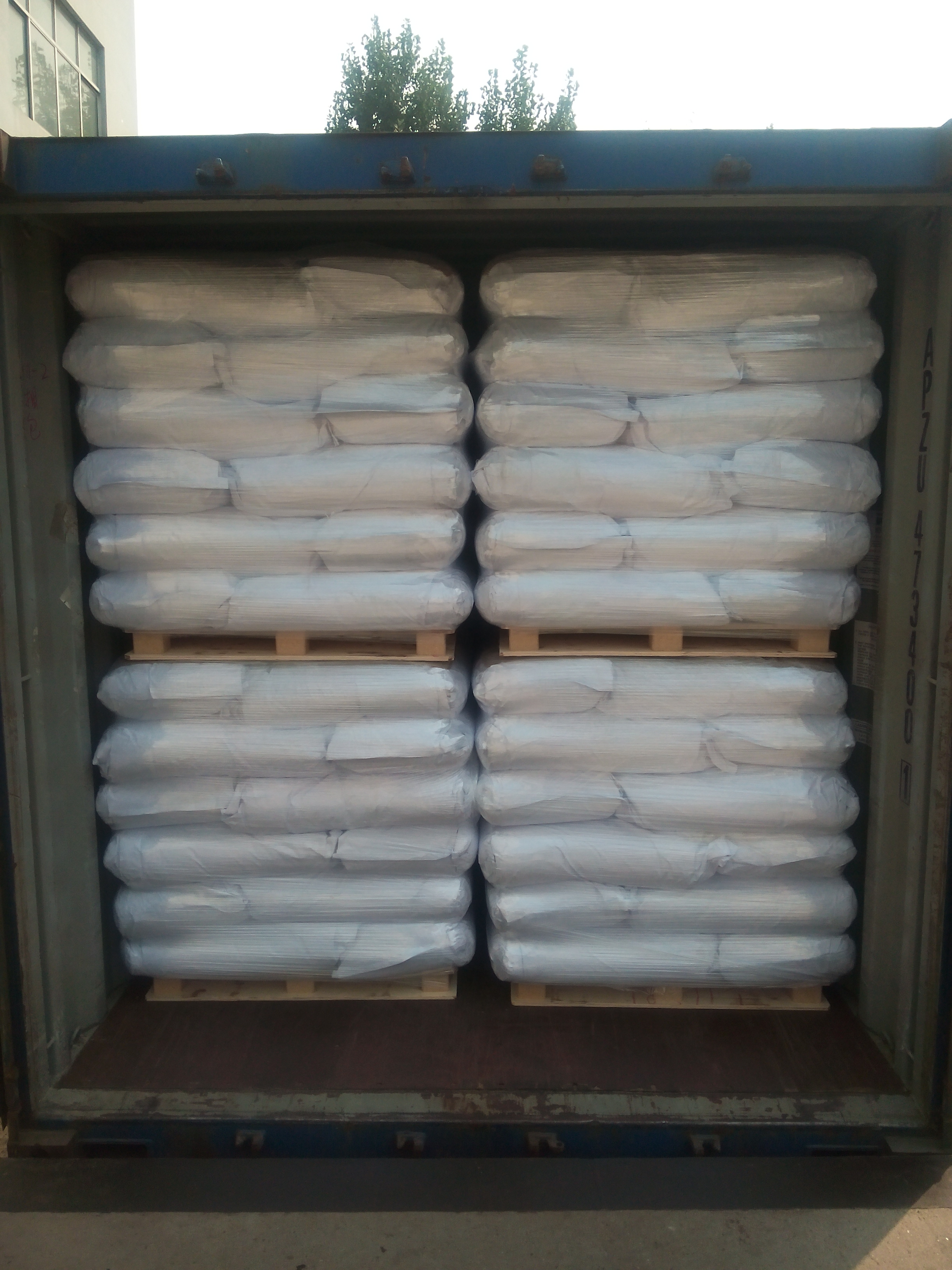Usage and dosage of hydroxypropyl methylcellulose
Hydroxypropyl methylcellulose (HPMC) is a commonly used compound in various industries, including pharmaceuticals, cosmetics, food, and construction. Its versatile properties make it suitable for a wide range of applications, including as a thickening agent, emulsifier, stabilizer, and binder. In pharmaceuticals, HPMC is often used in oral dosage forms such as tablets, capsules, and suspensions. It serves various functions in these formulations, including controlling drug release, improving drug stability, and enhancing patient compliance.

Tablets:
HPMC is commonly used as a binder in tablet formulations. It helps to hold the active pharmaceutical ingredient (API) and other excipients together, ensuring the tablet’s integrity.
The recommended usage level of HPMC in tablet formulations typically ranges from 2% to 5% by weight of the total formulation.
The choice of HPMC grade depends on the desired release profile of the drug. For immediate-release formulations, lower viscosity grades are preferred, while higher viscosity grades are suitable for sustained-release formulations.
HPMC can also be used as a disintegrant in tablet formulations at higher concentrations (typically 5% to 10%) to facilitate tablet disintegration and drug release.
Capsules:
In capsule formulations, HPMC can be used as a capsule shell material, especially in vegetarian or vegan capsules.
HPMC can also be used as a viscosity modifier in the formulation of capsule fill materials to control drug release.
The recommended usage level of HPMC in capsule formulations varies depending on the specific requirements of the formulation, but it generally ranges from 2% to 10%.
Suspensions:
HPMC is used in suspensions to provide viscosity and suspend insoluble particles uniformly throughout the liquid.
The recommended usage level of HPMC in suspensions varies depending on the desired viscosity of the final product and the concentration of suspended particles. Typically, concentrations range from 0.5% to 2%.
Ophthalmic Preparations:
In ophthalmic formulations such as eye drops and ointments, HPMC is used as a viscosity-enhancing agent to prolong ocular contact time and improve drug bioavailability.
The recommended usage level of HPMC in ophthalmic formulations varies depending on the specific requirements of the formulation, but it generally ranges from 0.25% to 2%.
Topical Preparations:
In topical formulations such as creams, gels, and ointments, HPMC can be used as a thickening agent, stabilizer, and emulsifier.
The recommended usage level of HPMC in topical formulations varies depending on the specific requirements of the formulation, but it generally ranges from 0.5% to 5%.
Dosage:
The dosage of HPMC in pharmaceutical formulations depends on various factors, including the specific application, desired properties of the formulation, and compatibility with other excipients.
It is essential to conduct compatibility studies to ensure that HPMC does not interact adversely with other excipients or the active pharmaceutical ingredient.
The concentration of HPMC in the formulation should be optimized through formulation development studies to achieve the desired performance characteristics.
The dosage of the final pharmaceutical product containing HPMC should comply with regulatory requirements and guidelines, including those related to safety, efficacy, and quality.

hydroxypropyl methylcellulose (HPMC) is a versatile excipient widely used in pharmaceutical formulations for its various functional properties. Its usage and dosage depend on the specific application and formulation requirements, with recommended concentrations typically ranging from 0.5% to 10%. Formulation development studies are essential to optimize the concentration of HPMC and ensure the desired performance characteristics of the final product. Additionally, regulatory requirements and guidelines must be followed to ensure the safety, efficacy, and quality of pharmaceutical products containing HPMC.
